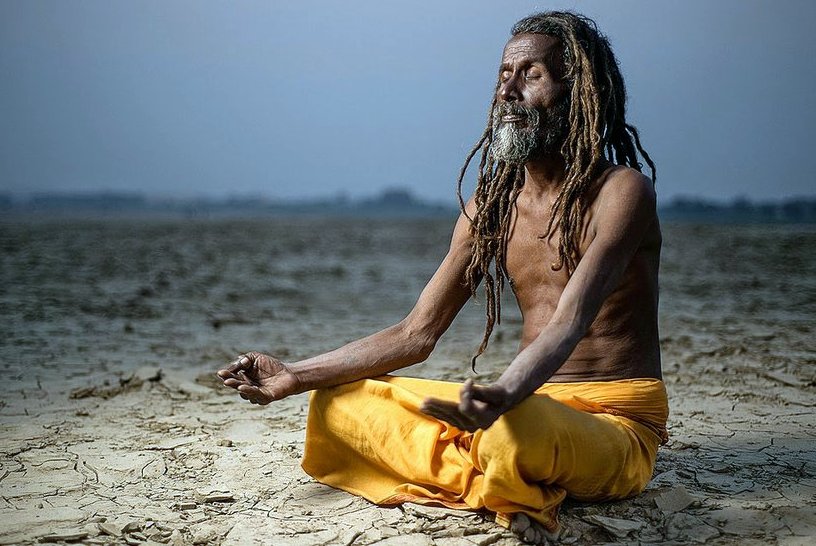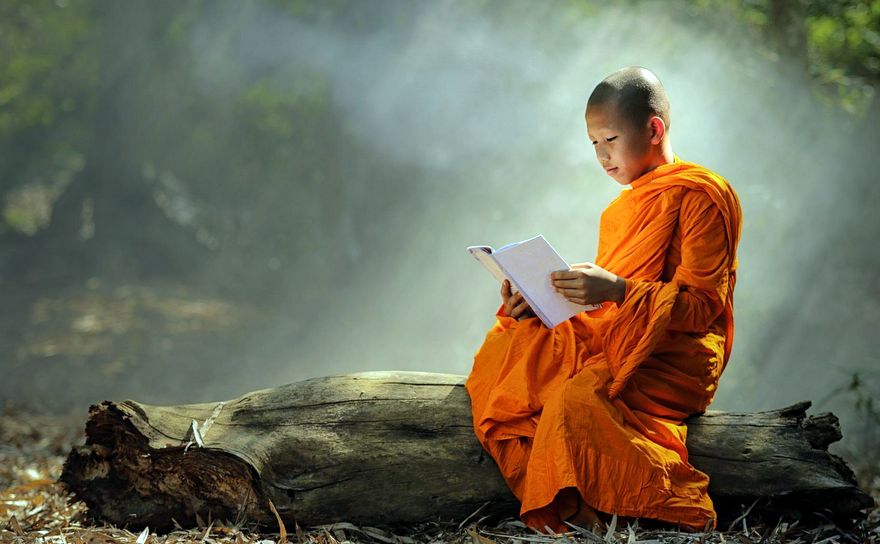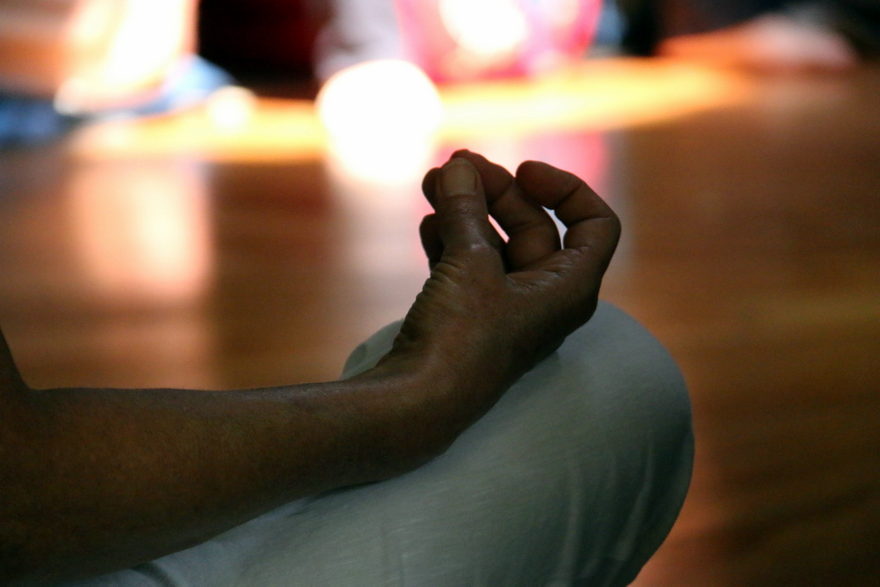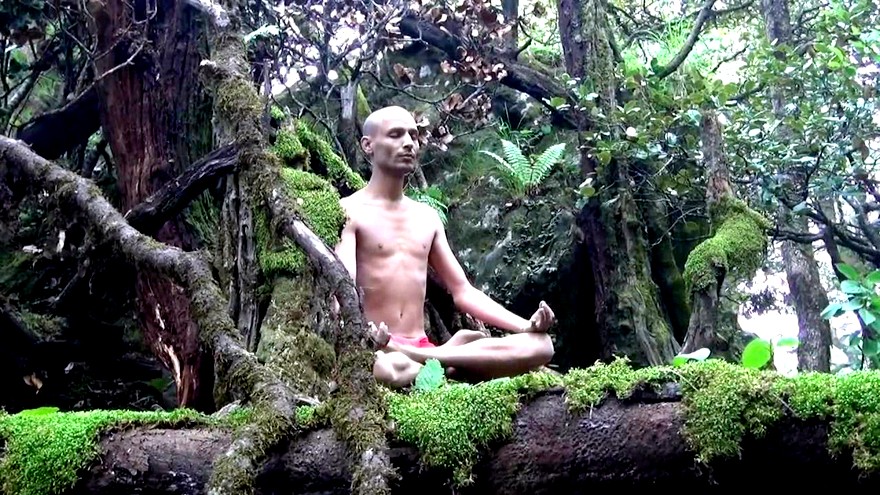When you practice silence, the voice of the soul opens up like an unfolding bud. You emit beautiful fragrance then.
The first practice on the path of self transformation is the art of observing silence. Observing silence can help you achieve silence of the mind. The term for observing silence is mauna in Sanskrit.
Interestingly, in Bhagavad Gita mauna is defined as tapas, penance, of the mind.
manaḥ-prasādaḥ saumyatvaṁ
maunam ātma-vinigrahaḥ
bhāva-saṁśuddhir ity etat
tapo mānasam ucyate (BG 17.16)
And satisfaction, simplicity, gravity, self-control and purification of one’s existence are the austerities of the mind.
Human mind is always talking. It is not possible to listen to your mind if you are talking as well. It is, furthermore, impossible to quiet your mind if you are not paying attention to what it is saying. And, in order to listen to your mind, you must be quiet. Quietude of the speech is paramount to attain complete quiescence of the mind.
As part of the practice of silence, you need to start with small periods first. The shortest being at least one straight stretch of twenty four hours. If you are merely observing silence of the speech by refraining from speaking, you are only fifty percent there. The practice involves observing complete silence; that means, not holding any type of conversation.
During your period of silence, you can at the most take one book at the beginning. But ideally, you should just be in a room in your own company. If you end up sleeping for eighteen out of twenty four hours just because you can or because you have nothing else to do, you need not bother with observing silence business. It is wasting your time; after all, we are not observing sleep but silence.
The more mindful and alert you are, the better your practice. When in complete silence, you will start to become aware of the talkative nature of your mind. You will begin to see how your mind is restless like the baboon that cannot stay on any branch longer than a few seconds.
Initially, your ability to meditate is going to retard while observing silence. You are likely to experience a certain restlessness as well. You need not be alarmed. It is only natural. With persistence and patience, a quietude will begin to dawn. And that is going to get you ready for good meditation. Observing silence is comparable to preparing a fertile ground to sow the seeds of meditation.
Please know this: the practice of observing silence is absolutely critical for the seeker desiring to experience a state of super consciousness. When you are enjoying yourself listening to your iPod, the external noise seems to subside automatically; the music in your ears makes the outside sound almost immaterial. Similarly, when you are able to channelize internal noise, it transforms into music. And when you start to hear internal music, everything offered to you in the external world almost ceases to matter.
A good practice of silence does not have any dialogues, conversations — written or oral, gestures, interactions or engagements. Mauna is not merely restraint of speech; it is quieting your actions, speech and thoughts. A saguṇa upāsaka, worshipper of form, is allowed to eulogize his deity during the period of Mauna.
His primary objective of observing silence is to strengthen his own devotional sentiments towards his deity as opposed to mere quiescence of the mind.






















Felt amazing after reading this article… beautiful.
AMAZING.